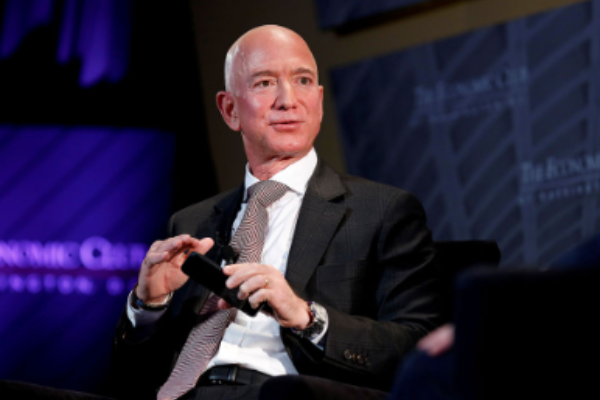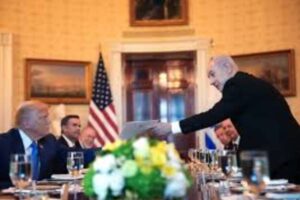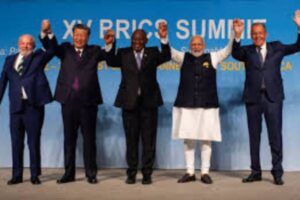Jeff Bezos, the owner of the Washington Post, has defended the publication’s decision to cease endorsing presidents, arguing that it may increase credibility.
In a piece published on the Post’s website, Mr. Bezos, the founder of Amazon, contended that presidential endorsements did not “tip the scales” of an election but rather produced the “perception of bias.”
In addition to the newspaper’s alleged loss of thousands of subscribers and the resignation of some editorial staff, the statements come after public scrutiny.

The decision to stop endorsing a presidential candidate – which was announced just days before the election – broke with a custom the Post had generally followed for decades.
Read Also
The paper has endorsed a candidate in most presidential elections since the 1970s, though when it announced the move, CEO William Lewis described the decision as a return “to our roots of not endorsing presidential candidates”.
The Washington Post Guild’s leadership – which represents workers at the paper – said it was “deeply concerned” by the decision.
In its own news article on the decision, The Washington Post reported – citing two sources briefed on the sequence of events who were not authorised to speak publicly – that editorial staffers had planned to endorse Vice-President Kamala Harris, but the article was never published.
Mr Bezos denied the timing of the decision was a “intentional strategy” and chalked it up to “inadequate planning”.
However, he stated that in order to remain competitive and up to date, the publication would need to “exercise new muscles.”
The owner of the Washington Post further disputed that the choice was a “quid pro quo of any kind” with either Harris or Donald Trump, her Republican presidential opponent.
The Los Angeles Times, USA Today, and The Washington Post have similarly said that they will not support a presidential candidate this time.
In the meantime, Trump and Harris have received endorsements from the New York Post and the New York Times, respectively.





